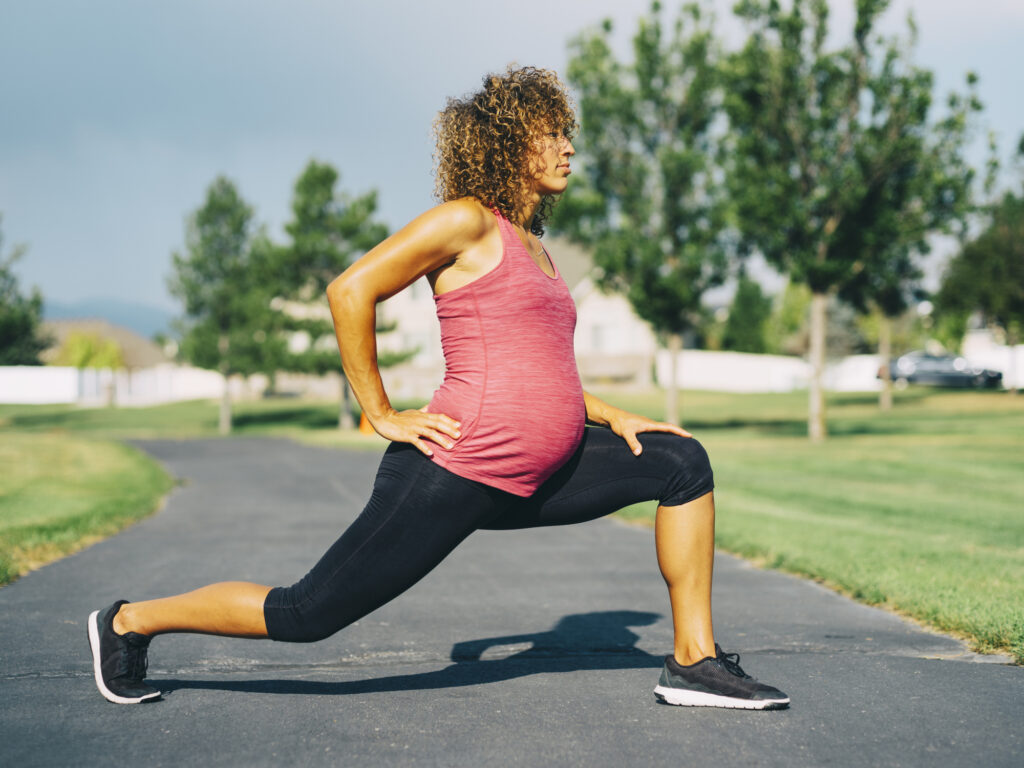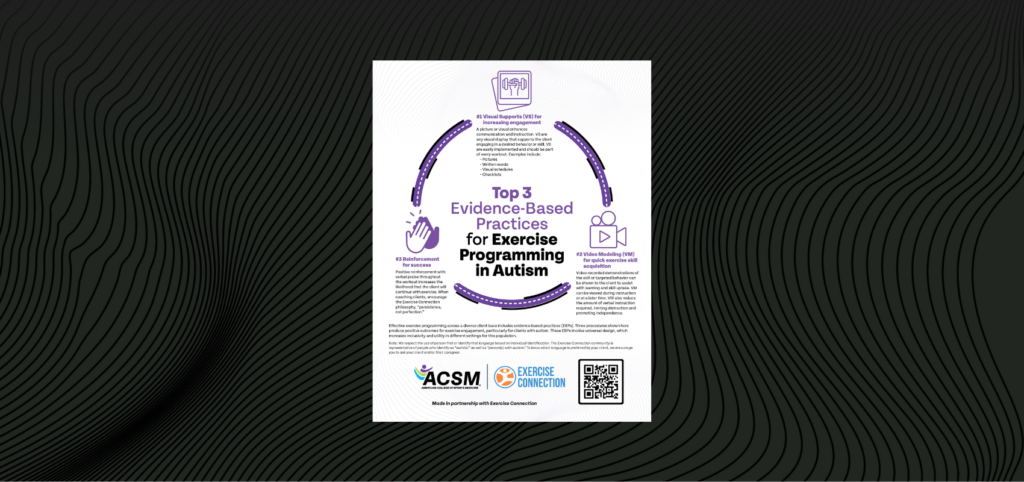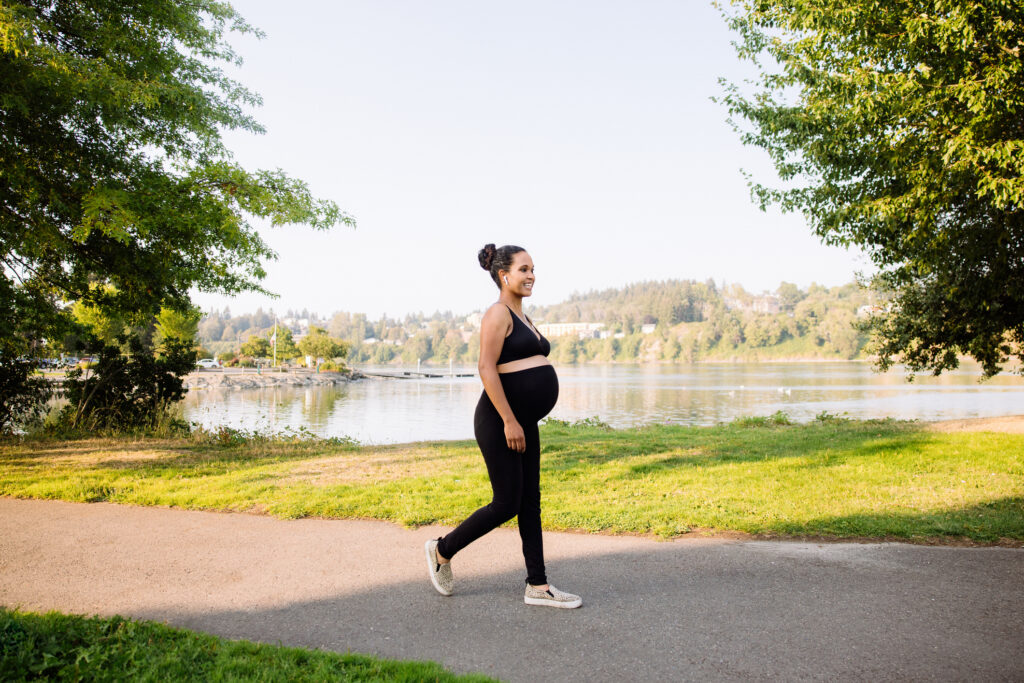Maximizing Pregnancy Health: The Role of EIM and Multidisciplinary Care

Pregnancy is one of the most complex periods in human life, and every year more research is published detailing how events experienced during gestation affect the future growth and development of the child. Epigenetic factors are particularly impactful during this time, and maternal lifestyle during pregnancy is of enormous importance. Thus, the current worldwide rates […]
Alzheimer’s and Exercise: What Do We Know, and What Can We Do?

Author’s note: This blog post is based in large part upon “Alzheimer’s Disease and Physical Activity” published in ACSM’s Health & Fitness Journal and authored by Barbara Bushman, ACSM, ACSM-CEP, ACSM-EP, ACSM-CPT, and Madison Pullen, ACSM-EP — a more in-depth piece for readers interested in the nexus of Alzheimer’s and exercise. Alzheimer’s disease is “an irreversible, progressive […]
Caffeine May Increase the Health Benefits of Exercise; Latte da!

Exercise is good for you. There are many ways by which exercise favorably modifies health. One way is through a chemical known as interleukin-6, usually abbreviated as IL-6. During and following exercise, skeletal muscles release IL-6 into the blood. It is then transported throughout the body where it can have positive effects. For example, the […]
The Benefits of High-Intensity Training for People with Parkinson’s Disease
What is Parkinson’s disease? Parkinson’s disease (PD) is a progressive neurodegenerative condition associated with low levels of the neurotransmitter dopamine, due to damage that occurs in a part of the midbrain known as the substantia nigra. People living with PD will have a combination of motor and nonmotor symptoms that can adversely affect activities of daily […]
Women in the Workforce: How Can We Mitigate Occupational Risk in Physically Demanding Professions?

Women are increasingly filling work roles that were previously dominated by men. While a larger proportion of military service members, law enforcement officers, health care workers and aviators continue to be men, women in these trades experience occupational hazards differently than their male counterparts. As a profession, we have already seen similar findings within athletics. […]
Top 3 Evidence-Based Practices for Exercise Programming in Autism

Effective exercise programming across a diverse client base includes evidence-based practices (EBPs). Three procedures shown here produce positive outcomes for exercise engagement, particularly for clients with autism. These EBPs involve universal design, which increases inclusivity and utility in different settings for this population.
Progressive Resistance Training: A Way to Combat Persistent Pain after Breast Cancer Treatment

Persistent pain is among the most common adverse effects to breast cancer and its treatments. It affects 25-60% of patients and can linger for several years as a source of considerable physical and psychological distress. Among other things, pain after breast cancer is a primary source of upper limb dysfunction and has been associated with […]
Running for Two: Pregnancy, Training and Return to Performance for Elite to World-Class Runners

There are a variety of resources that exist to advise individuals on best practices for exercising throughout pregnancy. International evidence-based health guidelines typically recommend at least 150 minutes/week of moderate-intensity physical activity in those without contraindications during pregnancy. While these recommendations guide physical activity during pregnancy in the general population, they are not developed — […]
Approaches to Promote Healthy Fat Mass Development May Differ for Boys and Girls During Adolescence

Body fat is essential for health; fat tissue not only stores energy but is an endocrine organ that synthesizes and secretes hormones (including estrogen and testosterone) important for healthy growth and maturation. Excess fat mass during childhood and adolescence tends to track into adulthood and is associated with adverse health outcomes. Obesity prevention has become […]
What Do We Know about Epilepsy and Physical Activity?

Since November is National Epilepsy Awareness Month, I thought it would be appropriate to discuss some of the more recent guidance that’s come across ACSM’s editorial desk regarding epilepsy and physical activity, namely the findings laid out in this 2021 publication in Current Sports Medicine Reports. The topic hits close to home, quite literally — in […]
